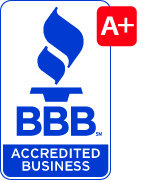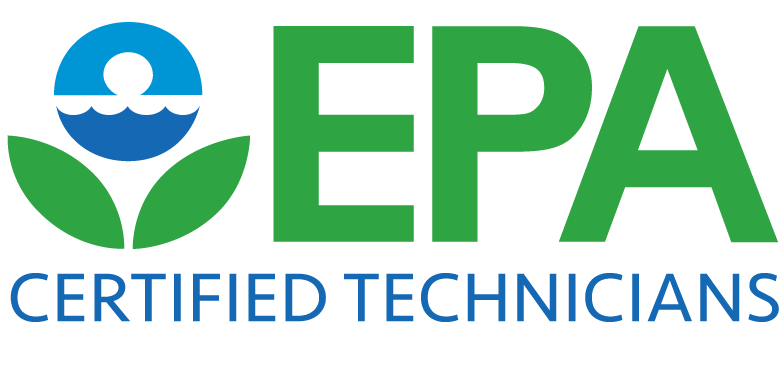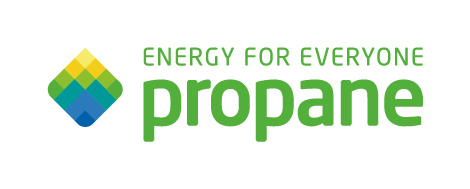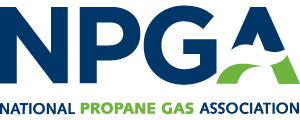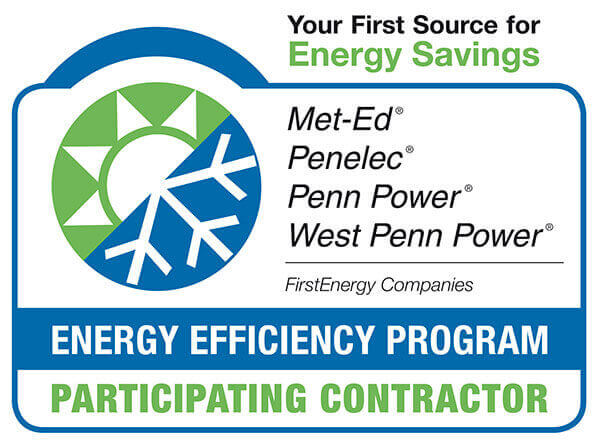SOS XTREME Comfort® provides the best heating and cooling repair services in Rowland. Our technicians are trained in the very latest technology and can work on all brands of oil, propane, electric and gas heating systems and central air conditioning systems.
We service, repair and install:
- Oil Heat Systems
- Gas Furnaces, Boilers and Heating Systems
- Propane Heating Systems
- Electric Heat Pumps
- Central Air Conditioning Systems
- Ductless Heating and Cooling Systems
At SOS XTREME Comfort®, we specialize in creating comfortable environments in homes and businesses. We have been helping customers in and around Rowland since 1934. Give us a call today to get your heating or cooling system serviced or installed.
Call For Fast Service:
845-351-4701
API Token is not configured
In addition to servicing Rowland we also service the following nearby towns:
Dingmans Ferry, Greeley, Greentown, Hawley, Lackawaxen, Matamoras, Milford, Millrift, Paupack, Rowland, Shohola, Tafton
Click here to view our total service area.
FAQs
Q: What does HVAC signify?
A: HVAC denotes heating, ventilation, and air conditioning.
Q: What type of routine maintenance do I want to do on my cooling and heating unit?
A: The trick to HVAC upkeep is efficient air movement. This implies that anything that impedes airflow should be promptly attended to. Things like dust, debris, or dirt should be cleared away. Your air filters should normally be clean for proper circulation. A yearly tune-up on your AC should be set up in the spring season and an annual tune-up on your heating system should be scheduled in the autumn.
Q: Why do I have to replace my air filter?
A: You can’t possibly use an HVAC system without changing the air filter out when it gets filthy. The reason for this is since your system necessitates proper air flow in order to operate. A dirty air filter will prevent your system from performing properly. The filter acts sort of like a lung and it removes pollutants from your air. It keeps your home free from dust, allergens, and even germs. Additionally, a filthy air filter puts pressure on your system which causes it to work harder. This translates into higher home heating and cooling costs. There are different types of filters accessible. Make sure to identify the regularity at which your filter needs to be changed. It should be printed on the packaging label of your filter. We recommend that you check your filters on a month to month basis. Despite what the label says, you will want to change your filter as frequently as required. If you see that it is dirty, then be sure to change it out for a new one. Factors such as pets or dusty environments can make a big difference on how often it has to be changed. An accomplished Rowland HVAC company will be able to advise you on what kind of filter works well for your kind of system.
Q: How do I recognize when to change out my air filter?
A: We recommend that you replace your air filter on a once a month basis. That being said, it is ideal to replace your filters as frequently as needed to make sure that your system functions with maximum efficiency. Check them more regularly if you reside in a dusty climate or have family pets. If your filter appears dirty, then be sure to remove and replace it right away.
Q: I have heard of the risks of a carbon monoxide leak. Is this something I ought to be worried about?
A: When you have a carbon monoxide gas leak at home, it is a risky circumstance. It can result in serious health risks, involving fatalities. CO is not something that you can see or detect. Make sure to get a CO sensor in your house. Furthermore, you can help prevent a dangerous circumstance like this by having an HVAC contractor perform adequate upkeep and care on your system.
Q: What does IAQ mean?
A: IAQ is a term that house owners should be aware of. It is a term that stands for Indoor Air Quality. In the news reports and media, outdoor air pollution is a familiar theme. However, indoor air pollution presents more of a hazard to house owners than outdoor air pollution. Indoor air pollution is defined as the quantity of pollution that exists within a structure including your home. Exposure to these pollutants is more common than you might realize. Newly constructed houses are built so that there is not enough ventilation or exchange between outdoor and indoor air. This is great for energy efficiency but it does pose a problem for air quality. A homeowner can minimize this problem by having a system that is produced to greatly improve air quality.
Q: What are the causes of indoor air pollution?
A: Indoor air pollution is a concern that should be addressed by all house owners. This is especially the case for property owners who have a newly constructed home. These homes are constructed so tightly that they do not aerate as well as older homes do. A tightly built home enables the highest possible energy efficiency. That being said, it indicates that property owners should have a whole house ventilation system to prevent being exposed. Factors to indoor air pollution are:
- Carpeting
- Furniture pieces
- Drapes or curtains
- Upholstery
- Chemical cleaning products
These products release fumes and gases that accumulate. The build-up of these gases and fumes is the primary source of indoor air pollution.
Q: How can I make my system work even more efficiently without needing to substitute it?
A: When you don’t prefer to replace your unit, you ought to properly maintain it. This means that you, as the house owner, have to do some preventative upkeep on your system as well as arrange for a tune-up every 6 months. It is suggested to organize one in the spring season right before the heat hits and organize one in the autumn, just before the winter season arrives. By carrying this out, you can increase the energy efficiency of your system by almost 5% -10%. This makes a significant difference on your energy bill. Another tactic to keep your system energy efficient is by just simply changing out dirty air filters. Make sure that you don’t go with the least expensive filters. They frequently get filthy quite frequently which affects the amount of electricity your HVAC system uses. When you invest in superior quality filters, it keeps your system clean which equates into big savings just because it shouldn’t have to operate as hard. Be sure not to block off the registers or air vents in your home. The key to making your system run effectively is ideal air circulation. Don’t forget about your outside unit. Make sure to enable ample space all around your outside unit for it to ‘breathe’.
Q: I need to get a new heating/cooling system. How do I select the appropriate one for me?
A: When it pertains to your HVAC unit, size does make a difference. Some homeowners think that if they get a large unit, then they will have more of a comfortable home or that it will cool/heat their house more rapidly. Others think that if they buy a little unit, then they will be saving money on their electrical power bills. The truth is that you need an unit that matches the ducting system in your house. This is the only way that a unit will adequately cool or heat up your property. To find out what size you really are looking for, you will need to contact a Rowland, Pennsylvania HVAC company. They will be able to determine what size your system necessitates in order to keep your home comfortable while using the very least amount of power. They will also have the ability to identify what the operating expense will be of a brand-new system. You need to look for a system that makes your financial investment rewarding. Many current systems are so energy efficient that the reductions that you gain on your electrical bill will ultimately pay off the expense of an updated system.
Q: I just purchased a new cooling and heating unit. Should I have a programmable thermostat put in also?
A: Property owners are becoming more conscious of the electric use in their houses. A useful apparatus, like a programmable thermostat, is really helping property owners become more familiar with their home cooling and heating expenses. It permits homeowners to set the temperature of their property based on their needs and schedules. This saves them a great deal of money considering that they don’t need to take into account to turn the thermostat up or down before going out of the home or just before going to sleep. In the craziness of life, lots of people neglect to do this. As an example, you can adjust your thermostat to heat your property just before you get out of bed in the daytime as opposed to waiting for you to get out of bed to do it. You can also do this just before you get home from work. It is considerably a convenient, money-saving device.
Q: I recognize that I will need to have my furnace checked in the fall and my cooling system assessed in the springtime. Why can’t I have the two assessed at the exact same time?
A: You use your HVAC system the most in the summer and in the cold season. For that reason, you have to have your AC tuned up the springtime and your furnace tested in the autumn. A Rowland HVAC licensed contractor will get more of a correct result when each system is about to be used the most. This helps prevent expensive repairs and it ensures that your system is running at optimal performance.
Q: Will a brand-new Rowland HVAC system reduce my utility bills?
A: New HVAC units are more efficient than their previous counterparts were. By requirement, they have to have a 13 SEER or Seasonal Energy Efficiency Ratio. This signifies that they are highly energy efficient. There are also units that have a much higher SEER rating than 13. The higher the rating, the more energy efficient that it is. With a 13 SEER, you can save as much as 50% on operating fees.
Q: I want to landscape my lawn in the spring. Can I plant near my outside unit?
A: You can plant near your unit but we recommend that you leave 18 inches around your unit clear from any plants. This permits ideal air circulation which your unit requires in order to perform appropriately. Alternatively, your unit could get too hot which results in an unnecessary service call.
Q: Can I shut doors and air vents to rooms that aren’t normally used?
A: Do not close off areas or air vents. Even though it may seem like common sense, it is a waste of your finances. Your unit is matched to the duct system in your house. When you close off rooms, it produces a lot of pressure and ramps up your blower, the heart of your HVAC system. This causes it to be less efficient and raises your home power charges.



